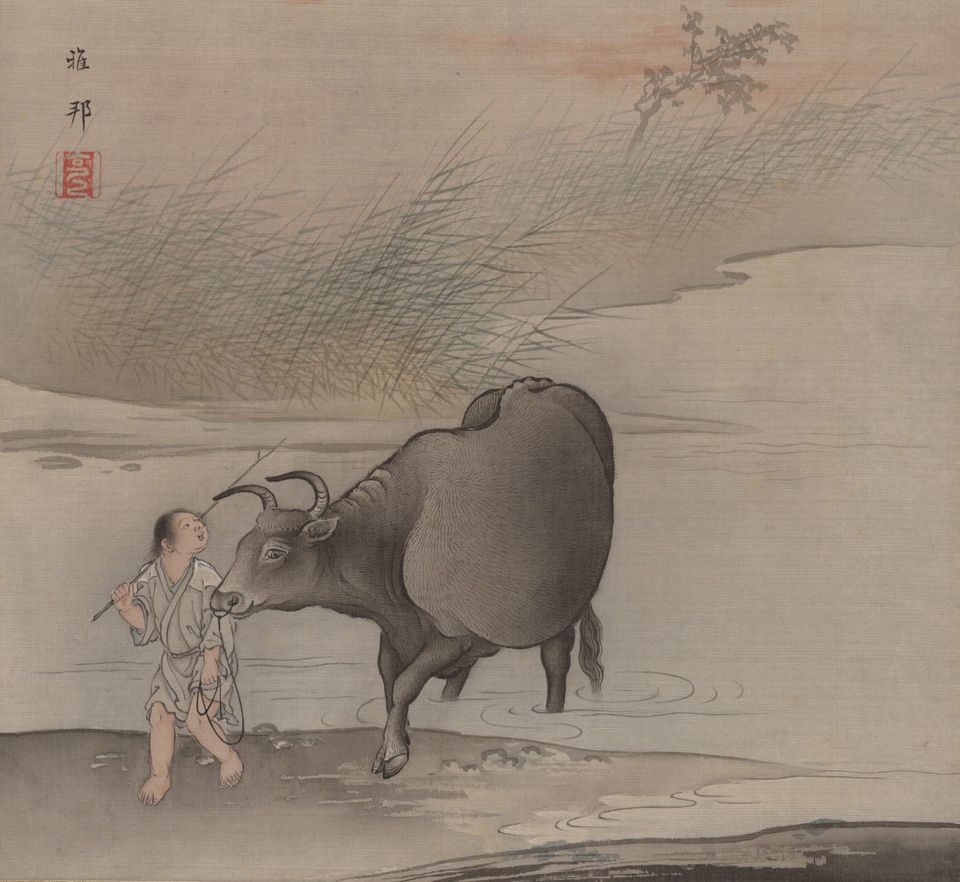Kerim’s Triptych for Sunday, October 15th, 2023

Welcome to Kerim's Triptych, a free newsletter that delivers 3 great links to your email inbox, 3 times a month.
If you find yourself sharing something you found here, please be so kind as to let people know you learned about it from Triptych (the newsletter, not just me). Thanks!
If you didn't intend to subscribe, or you don't want to receive these anymore, there is an unsubscribe link at the bottom of the email.
Item 1: Free Jazz

Free Jazz is a mystical thing. Free Jazz is a powerful tidal wave. Free Jazz is dental floss for the mind. Free Jazz is the reconfiguration of earthly melody and rhythm. Free Jazz is the Frankenstein of Jelly Roll Morton, the Zombification of Coleman Hawkins, the electrification of Gene Krupa. Free Jazz IS spiritual unity. Free Jazz is a brilliant conversation during a storm of insanity. Free Jazz destroys and creates and debates and confounds and enlightens. Free Jazz is a screaming out against injustice, a calling out around hope and despair, a bringing together of powerful voices. Free Jazz is embracing the fear, the anger…of loving the spice, of finding the inner chi. Free Jazz travels the space ways, speaks to the cosmos, torpedos through black hole futures. Free Jazz radiates through the heartbeat, the atoms we breath, the air of our existence. Free Jazz is ever changing, evolving the species. Free Jazz is the breathing of the name of creation. Free Jazz is a mystical thing.
For more about free jazz, as well as some great suggestions for albums to listen to, check out this issue of David Katznelson’s newsletter.
Item 2: Eileen O’Shaughnessy

Biographers, including Eileen’s biographer Sylvia Topp in her 2020 crowdfunded work Eileen: The Making of George Orwell, imply Eileen’s willing consent to the sudden helpmeet role she found herself in. Comments in the Orwell biographies such as Eileen “even helped clean out the latrine” made it appear like her newlywed enthusiasm extended to helping George clean out the privy. But the truth is she did it alone, and remembered it all her life.
Read more from Anna Funder in The Guardian.
Item 3: Why Eating Meat Was Banned in Japan for Centuries

For both religious and practical reasons, the Japanese mostly avoided eating meat for more than 12 centuries. Beef was especially taboo, with certain shrines demanding more than 100 days of fasting as penance for consuming it. The story of Japan’s shift away from meat began with the arrival of Buddhism from Korea in the 6th century. At that time, the Japanese were meat eaters. Venison and wild boar (which was sometimes called yama kujira, or “mountain whale”) were particularly popular. Aristocrats enjoyed hunting and feasting on deer entrails and wild fowl.
In 675 A.D., Emperor Tenmu issued the first official decree banning consumption of beef, horse, dog, chicken, and monkey during the height of farming season from April to September. As time went on, the practice would be solidified and expanded into a year-round taboo against all meat eating.
Read more in Kristi Allen’s piece for Atlas Obscura.
Endnote
Triptych will always remain free, but my hosting costs are not. If even a handful of subscribers choose to upgrade to paid accounts (just $1 per issue, or significantly less with a yearly plan) it will help cover my costs and also greatly encourage me to keep going with this experiment. Thank you!

Member discussion